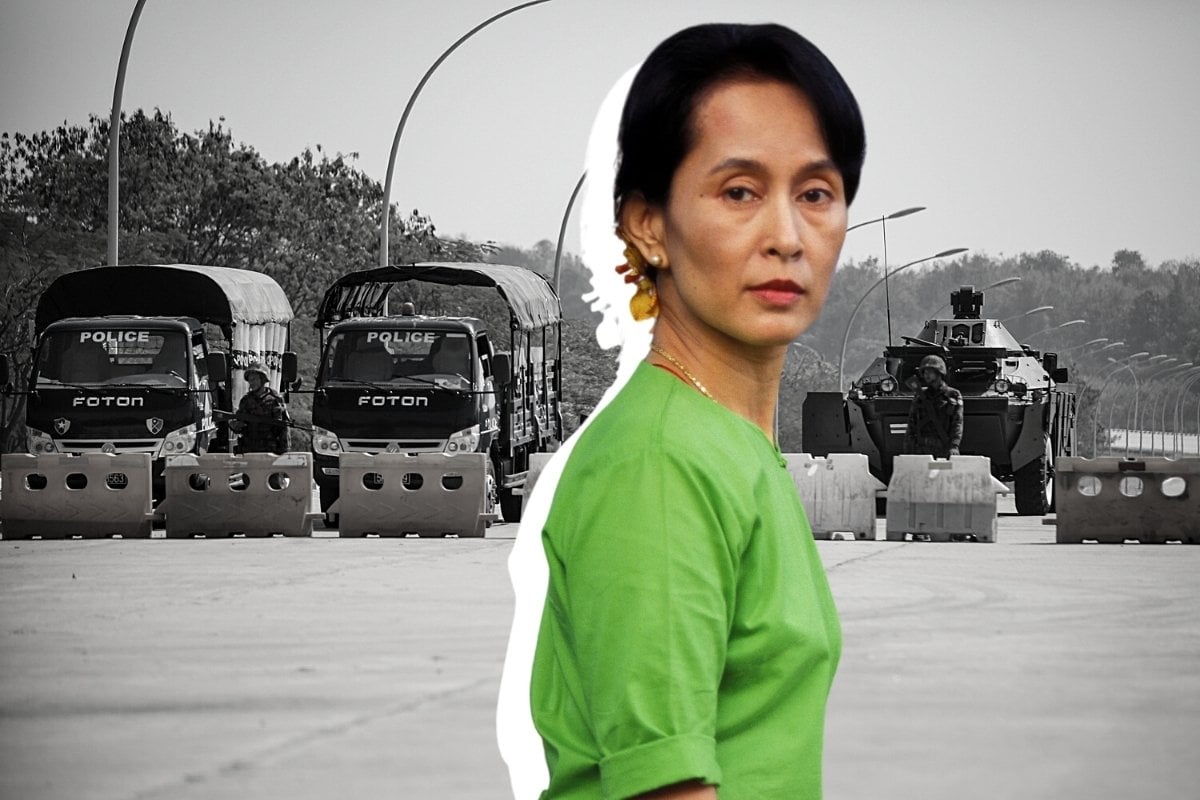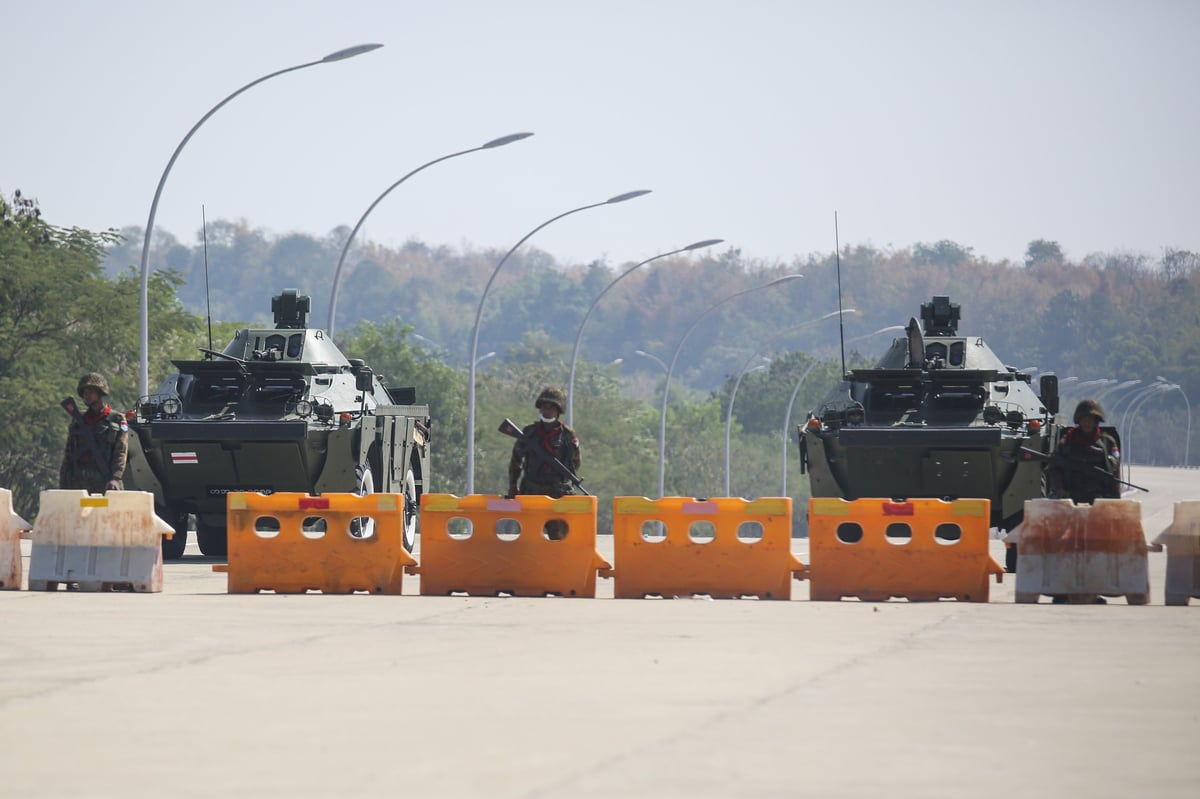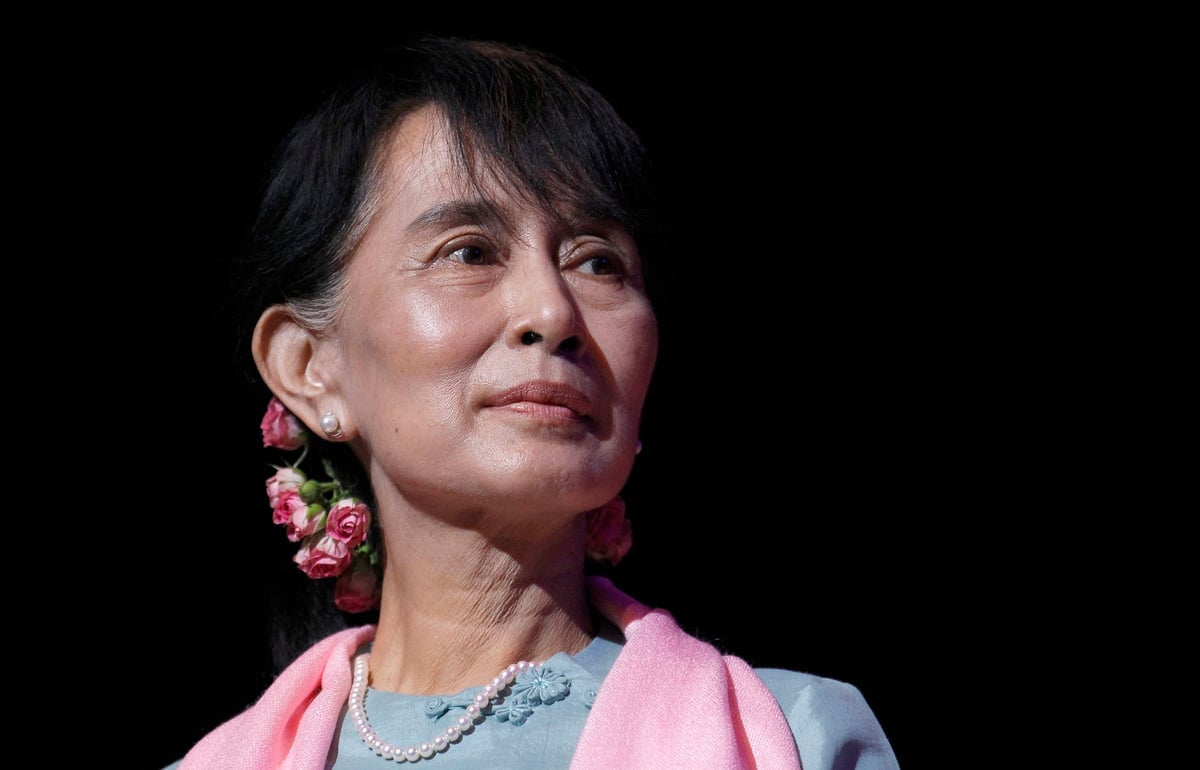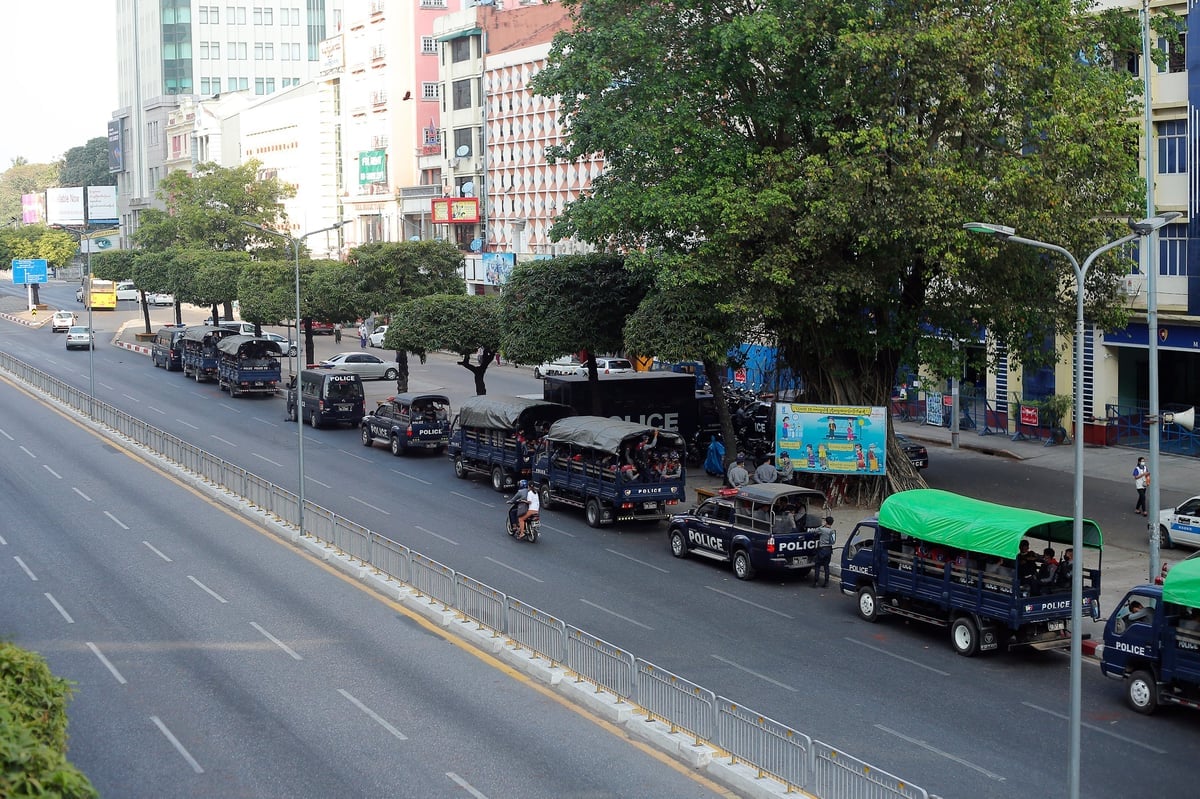
On Monday morning, the 54 million people of Myanmar, a country in Southeast Asia, awoke to an attempt to dismantle their relatively new democratic government.
At dawn, Myanmar's military seized control of the country after detaining their democratically-elected leader Aung San Suu Kyi and other government officials. Amid the political unrest, the country's internet was temporarily cut off, banks were closed and flights have been cancelled.
Here's everything you need to know about the military coup of Myanmar.
Why did this happen?
Myanmar has a long history of political unrest.
The military possessed dictatorship-like power in Myanmar from 1962 until 2011, before parliamentary elections were introduced to form a quasi-democracy.
In 2015, the country - also known as Burma - held their first national vote and elected the National League for Democracy (NLD) in a landslide victory. This meant Aung San Suu Kyi, the leader of the NLD, was the country’s new civilian leader.
Myanmar was still only considered partially democratic, though, because their military-drafted constitution guarantees that unelected army members will occupy 25 per cent of seats in Parliament.
 Military soldiers with tanks block the road near parliament in Naypyidaw in Myanmar on February 1, 2021. Image: Getty.
Military soldiers with tanks block the road near parliament in Naypyidaw in Myanmar on February 1, 2021. Image: Getty.


